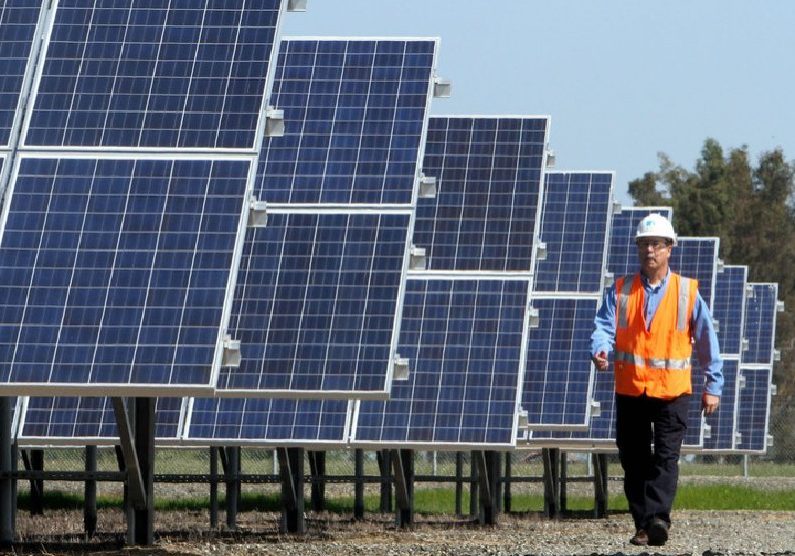
Economic Reform
The current American Economic System has been shaped almost exclusively for the benefit of major Industries and multi-national Corporations, at the expense of American job creation, small businesses, consumers and taxpaying citizens, and the health of our natural environment.
A New American Economy for a sustainable future will have the opposite effect of stimulating innovation among smaller entrepreneurial enterprises, with an emphasis on businesses focused on environmental sustainability and which demonstrate a positive impact on local American communities.

The New American Economy shall be restructured to work specifically for the benefit of the American People through the following reforms:
1. Eliminate government subsidies, tax incentives, or other special promotions to any of the following:
a. corporations or organizations with more than $2 million in gross revenues or which offer compensation to any single employee or executive any combination of salary and dividends above $200,000,
b. corporations directly or indirectly involved in activities designated environmentally harmful including fossil fuel extraction or production, coal mining, chemical production, pesticide use;
2. Transfer subsidy savings and tax revenues from 1a-b to programs and organizations that provide research in or directly produce:
a. wind, solar, and other designated “renewable” energy,
b. regenerative, organic and other designated environmentally responsible food-production operations;
3. Restore personal and corporate marginal tax rates to Regan-era levels, with the top income tax rate of 50% (for regular income greater than $800,000), top rate on capital gains of 20%, and top rate on corporate tax of 46%;
4. Legally restrict military spending from its current level of 55% of Federal discretionary spending to a maximum of 25%;
5. Utilize revenue and savings from 3 and 4 to fund domestic infrastructure and education programs including:
a. roads, bridges, and other critical public works projects,
b. college, university and/or trade school expenses for American students in return for service in a variety of domestic programs including community medical clinics, hospitals, clinics, and public infrastructure programs;
6. Investigate industries with possible monopoly violations, including telecom, cable, banking, agriculture, and other industries which have shown increased consolidation, decreased overall competition and resulting rise of costs to American citizens;
7. Decriminalize the use and possession of marijuana by adults 18 years of age and older, and utilize tax revenue to:
a. fund addiction treatment programs,
b. fund Drug Policy review to explore impacts of legalization of other drugs;
8. Restore net neutrality rules and protections.
[Click here] for more